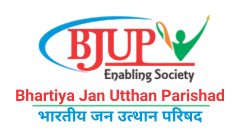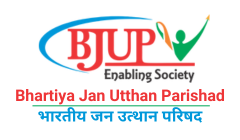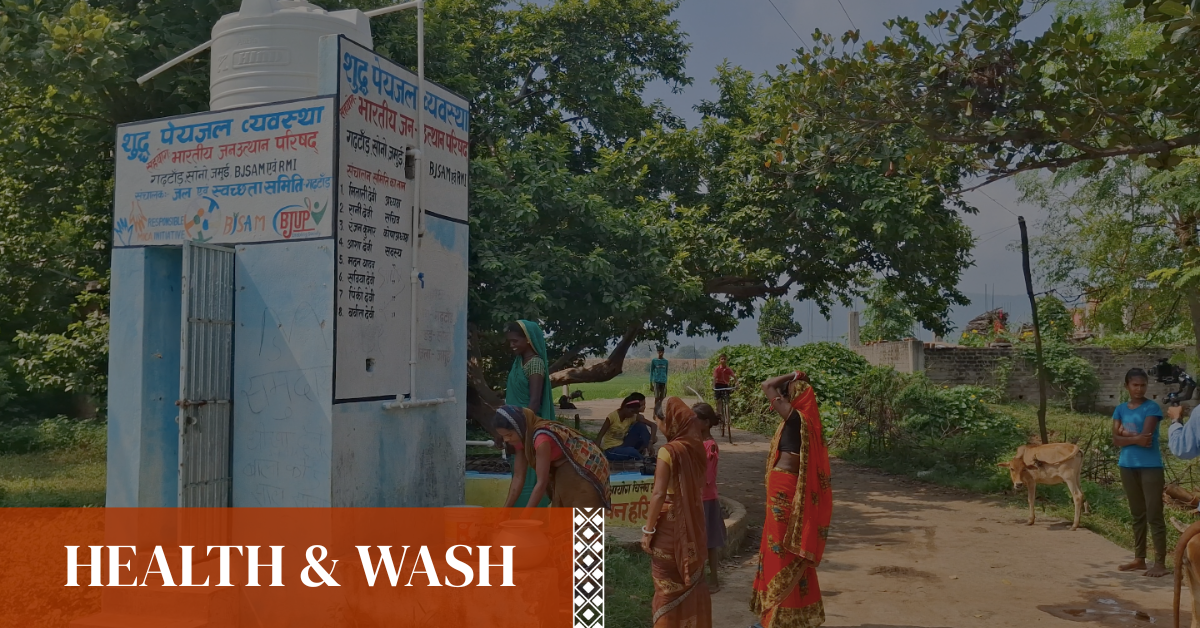Community Empowerment Project-3
Project Status: Ongoing
Partner: Responsible Mica Initiative
Reach: 1050 Mica Dependent Families
Region: Child Protection and Education, Health and WASH, Livelihood and Skill Development, Women Empowerment
Program Overview:
The Community Empowerment Program (CEP) is a holistic initiative aimed at creating lasting and self-sustaining change in mica-dependent communities by addressing the underlying causes of poverty, vulnerability, illiteracy, and poor working conditions. The program focuses on improving livelihood opportunities through sustainable agriculture, skill development, micro-enterprise promotion, and alternative income sources, thereby reducing dependency on unsafe mica mining. Equal emphasis is placed on ensuring access to quality education by strengthening schools with smart classrooms, libraries, and renovated Anganwadi centres, while also working to reduce dropout rates and promote girl child education. Health and nutrition outcomes are enhanced through regular health and veterinary camps, improved sanitation and drinking water facilities, and the promotion of kitchen gardens and organic farming for household nutrition security. At the same time, the program strengthens community institutions like Village Development Committees (VDCs) to foster local ownership, decision-making, and linkages with government schemes. By integrating livelihoods, education, health, and governance, CEP seeks to build resilient communities where families can access dignified livelihoods, children can pursue education without barriers, and households can enjoy better health and nutrition—ultimately breaking the cycle of dependence on mica mining and paving the way for long-term rural development.
Approach
- Five focus domains for community empowerment: Livelihood, Education, Social Entitlements, Health & WASH, and Advocacy.
- Individual, small-group, and large-group activities to cater to diverse needs.
- Promoting upward mobility of ultra-poor households based on a graduation model.
- Infrastructural development of villages to increase the community’s capability.
Implementation
Establishment of Resource Centre to promote awareness and access to social entitlement linkages.
Providing Asset-building support to strengthen the economic base of vulnerable families.
Vocational training for local youths to enhance their employability and livelihood options.
Financial literacy sessions to build awareness and capacity in managing household finances.
Providing training and seeds were distributed to promote kitchen gardening at the community level.
Scholarship support was extended to needy children to ensure continuity of their education.
Balwadi centres, schools, and community libraries were established to create child-friendly learning spaces.
Sports and teaching-learning materials were provided to schools to enrich the overall learning environment.
Capacity-building trainings for teachers and Balmanch (community childcare centres) to strengthen child development practices.
Health camps were organized to improve access to basic healthcare services for the rural population.
Awareness campaigns to promote preventive measures for better health and hygiene.
Linkage camps were facilitated to connect community members with various social entitlements and rights.
Marginalized communities achieve significant improvements in health, hygiene and environmental sustainability, leading to greater equity, dignity and long-term well-being.
Over the years, we have positively impacted the lives of more than 10,000 individuals through our Health and WASH programs. With your support, we can expand these efforts, reaching even more children, women, and vulnerable communities in need.
Join us in this journey—together, we can bring healthier futures and smiles to countless lives.
Have A Idea In Your Mind?
Any New Idea Can Help To Uplift Marginalized Community.



